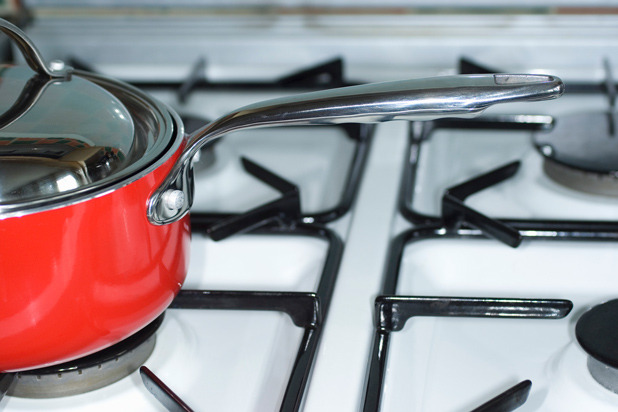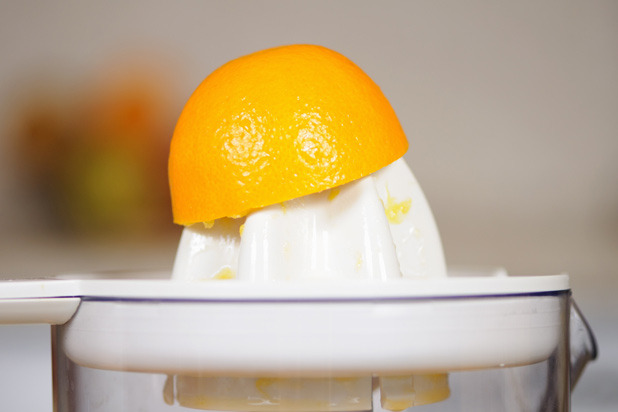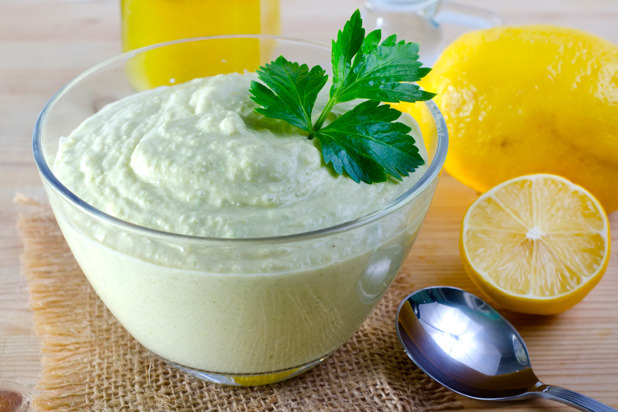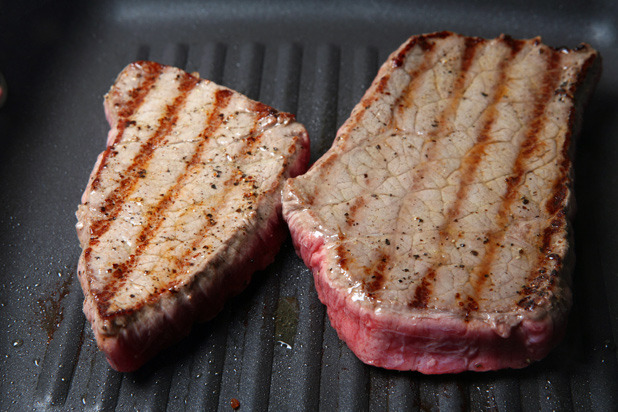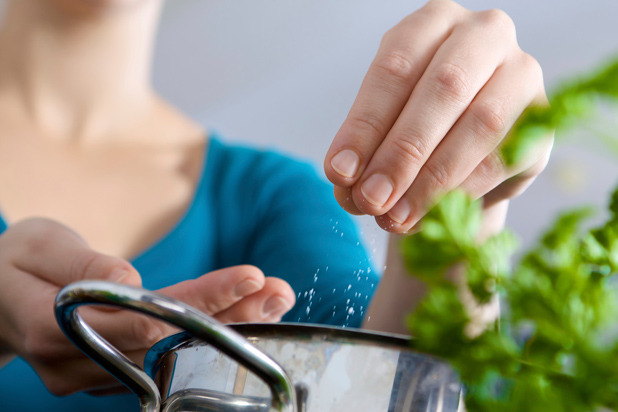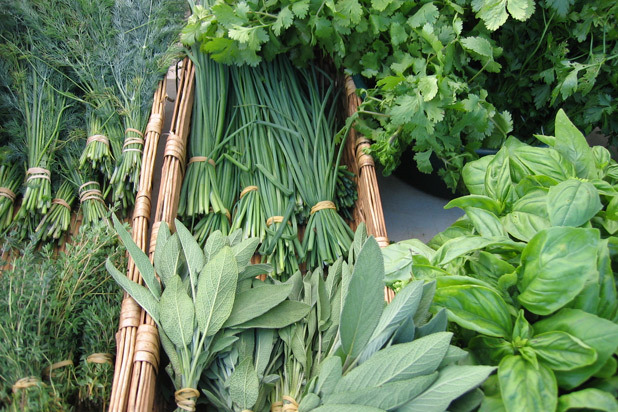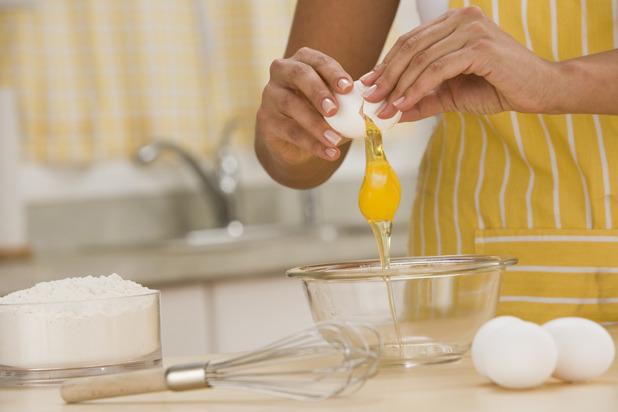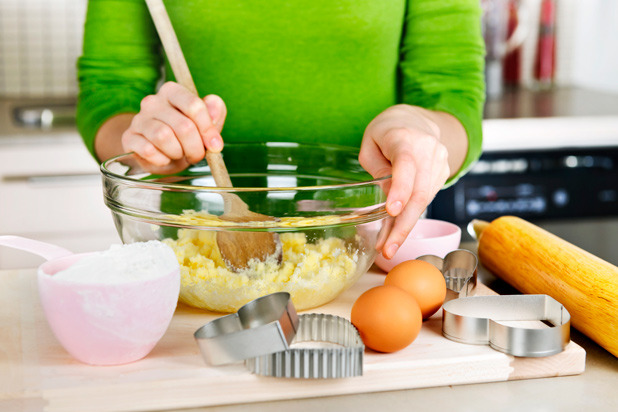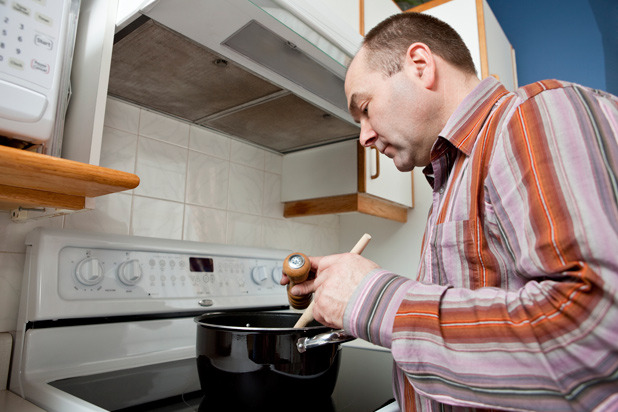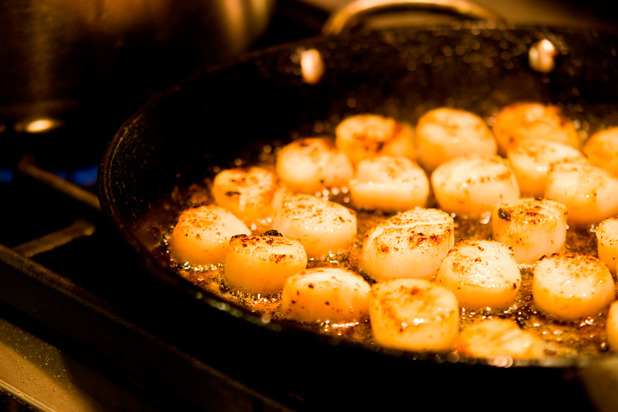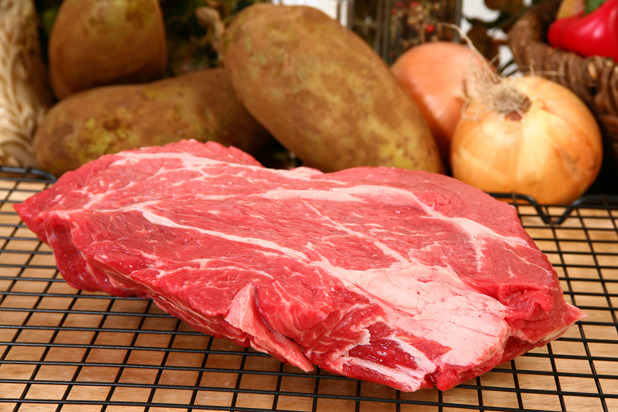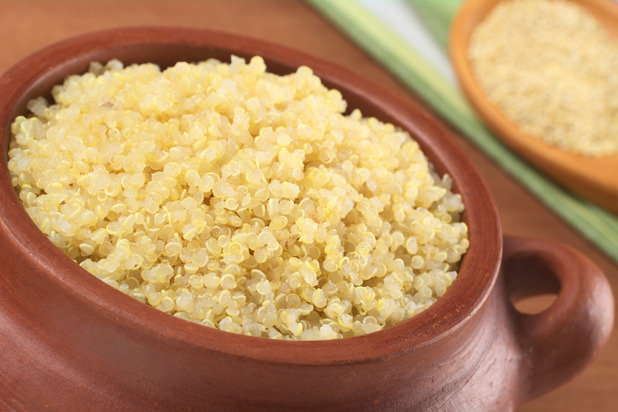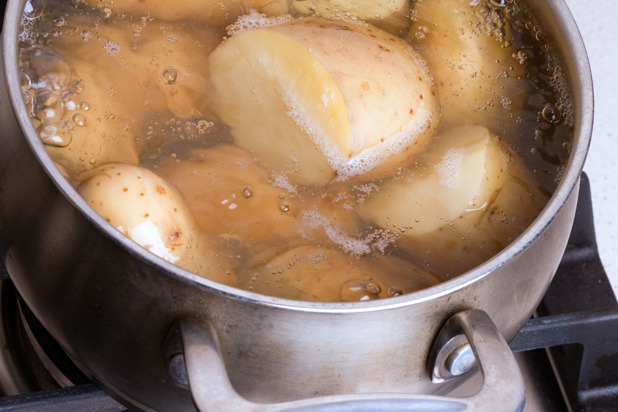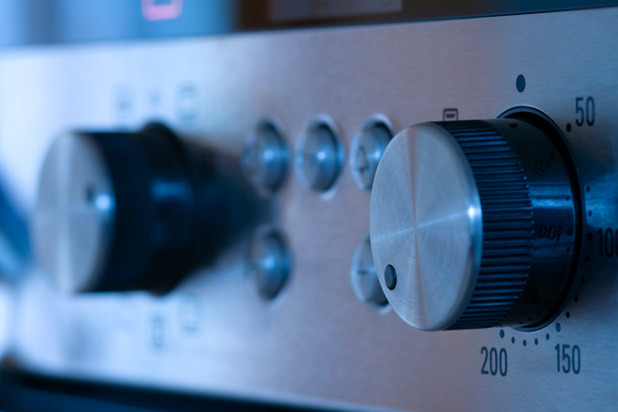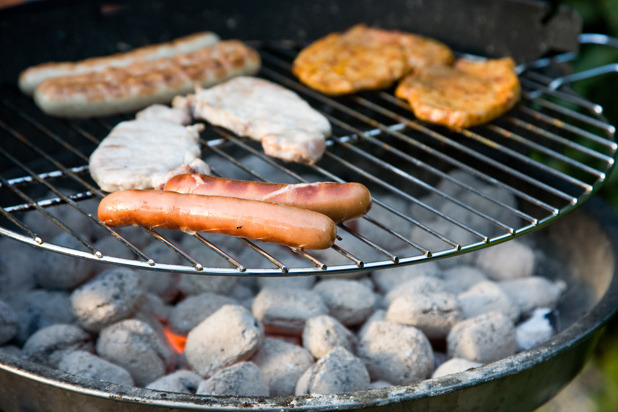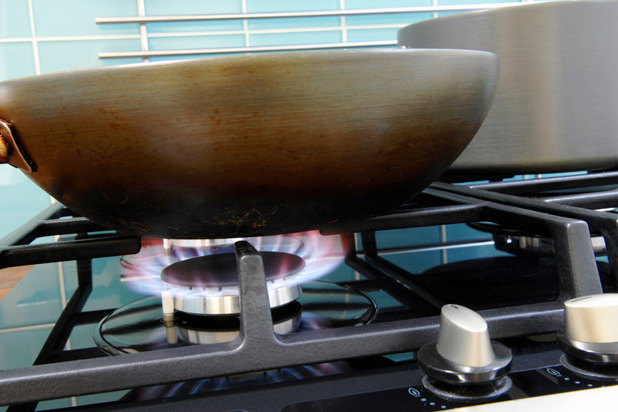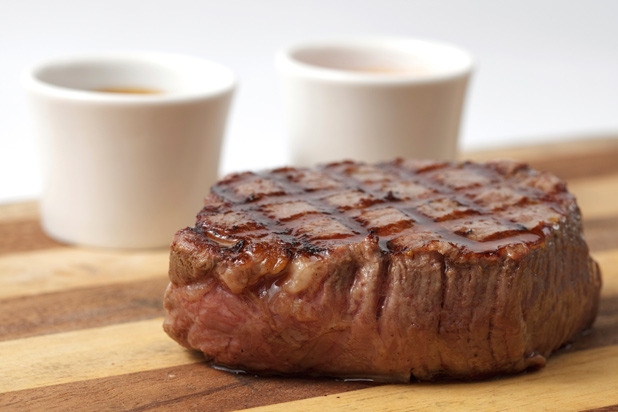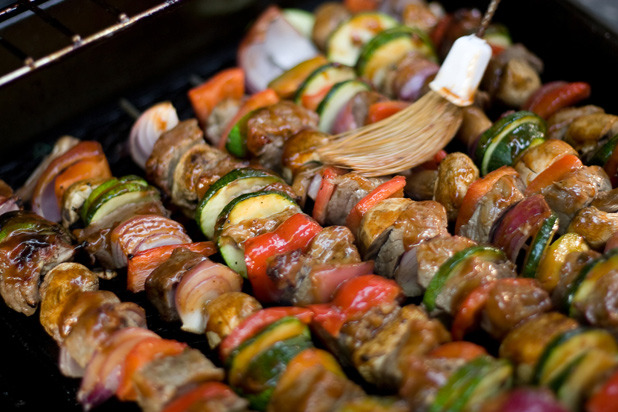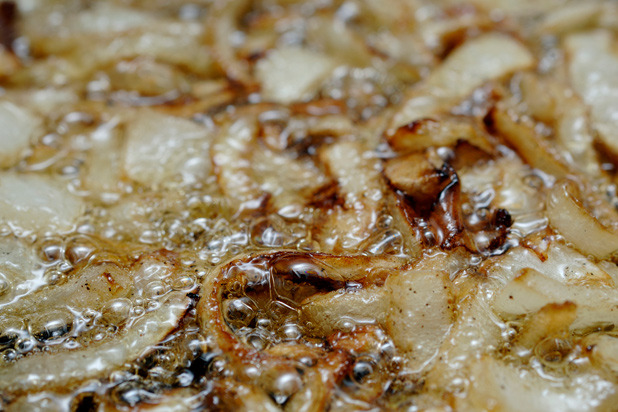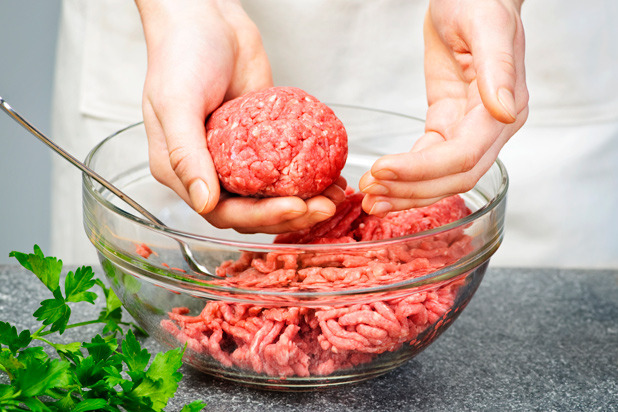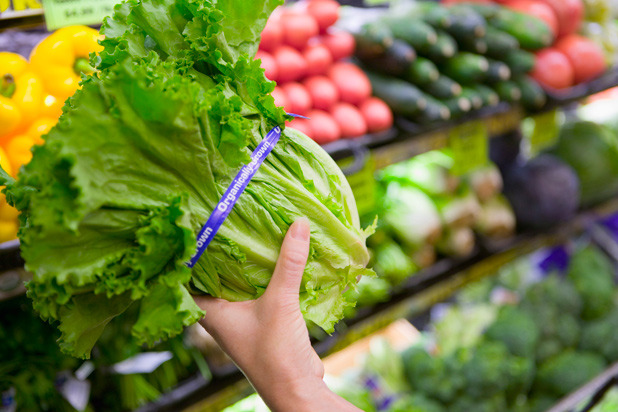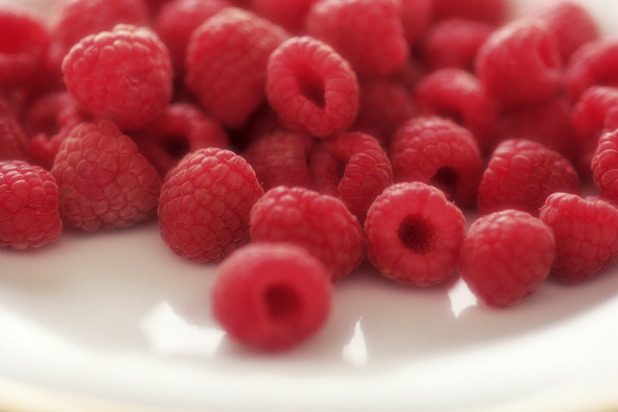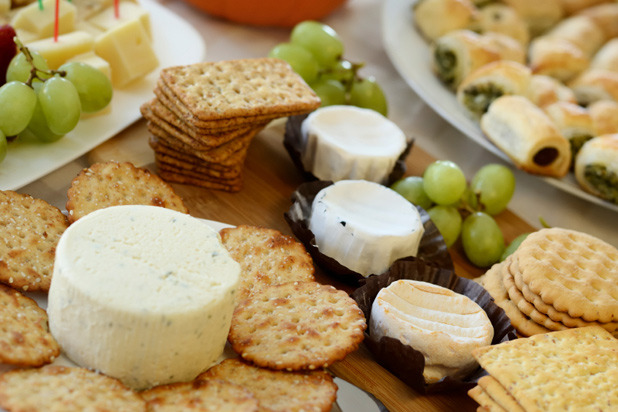23 Tips All Home Cooks Should Know Slideshow
Turn pan handles to the side so you don't accidentally knock into them when walking past the stove.
Juicing Citrus
For vinaigrettes, cocktails, juices, or seasoning foods, don't juice cold citrus (you won't get nearly as much juice). Also, try squeezing the juice through your hands to catch the seeds.
Stop Avocados From Browning
Use citrus juice or acid to stop avocados from browning — don't believe the old avocado pit in the guacamole tale, it doesn't work.
Check out 8 Tips for Better Guacamole.
Finish It in the Oven
If something is burning on the stove or meat is browning too much on the outside, then finish it in the oven for more evenly distributed heat.
Oversalting Food
If you accidentally oversalt the food, add some type of citrus or acid to balance it out.
Storing Herbs
The best way to store herbs is wrapped in a damp paper towel inside a plastic bag.
Click here to see 10 Restaurant Tips for Home Cooks.
Cracking Eggs
Crack eggs on a flat surface instead of on the rim of a bowl — the bowl actually causes more of the shell to shatter, leaving you with more shards in your food.
Click here for 10 Common Cooking Mistakes and How to Fix Them.
When Dealing with Dough
Do not ever overmix your dough. In every how-to baking story we've written (from how to make the perfect cookie to making better pancakes), overmixing dough is always high on the "don't" list. Make sure you stop when the ingredients are just combined — any more and the final product will be ruined.
Salt Your Food
We're not saying to oversalt it, but make sure to season and taste your food throughout the whole cooking process, since salt can help bring out the flavors of the food. If you only salt at the end, it's too late.
Don’t Overcrowd the Pan
When searing or browning foods like steaks, meatballs, or scallops, it's important not to crowd the pan or it will steam the foods rather than brown them (foods release moisture as they cook).
Click here for tips on perfectly grilling steak.
Don’t Cook Cold Meat or Fish
Bring the meat and fish to room temperature before cooking, because if you start cooking cold food, the outside will cook much faster than the cold inside, leaving you with raw meat in the middle and overcooked meat on the outside.
Click here for a chef's secret for cooking fish.
Toasting Grains
Toast grains like quinoa or couscous in a dry skillet before cooking to bring out their nutty flavor. Then cook them with whatever flavors you'd like them to absorb, like chicken broth, almond milk, herbs, or spices.
Click here for the Pulled Blackened Chicken and Toasted Couscous recipe.
What to Bring to a Boil and What to Put Into Boiling Water
As chef Dave Mawhinney said in a recent class at Haven's Kitchen in New York City, whatever grows below ground, like potatoes, should be placed in room-temperature water and brought to a boil. Whatever is grown above ground, like Brussels sprouts, should be placed in boiling water and then cooked until done.
Click here for 20 Foods Everyone Should Know How to Cook.
Know Your Oven
For bakers especially, this is an important tip. Every oven is different, and if you've ever made cookies and one side of the pan ends up burned while the other is perfectly fine, then you'll know that your oven has hot and cool spots. If this is the case, it's a good idea to turn your cookies halfway through cooking. You can also get an oven thermometer that will accurately tell you the temperature in your oven (the settings are sometimes off).
Click here for Foolproof Baking Tips.
Have a Cool Spot on Your Grill
When grilling, make sure to have a safe, cool spot on the grill that you can move food to in case of flare-ups (and they happen to both pros and novice grillers alike).
Click here for 8 Grilling Slip-Ups and How to Fix Them.
Make Sure to Get Your Pan Hot Enough
Cooks often don't get a good sear on meats or other foods because their pans aren't hot enough when they begin cooking. Use a heavy pan and heat it up before adding your oil (preferably one with a high smoking point). Once the oil is shimmering (you can see this by tilting the pan), add your ingredients.
Click here for 10 Common Kitchen Mistakes and How to Fix Them.
Rest Meat After Cooking
Resting meat after cooking, anywhere from 10 minutes for small cuts like filet mignon to 30 minutes for larger birds like turkeys, allows the juices in the meat to redistribute, essentially dispersing wonderful flavor into the meat. If you cut too early, then all of those flavorful juices will spill out onto the cutting board.
Apply Sweet and Sugary Marinades at the End of Grilling
If pieces of chicken breast have ended up charred and blackened (not in the good way) after being marinated in a honey-mustard BBQ sauce and then grilled, then you know what went wrong. The sugars in these types of marinades burn quickly and leave an unpleasant taste on the outside of meats. Instead, brush these tasty sauces on during the last five minutes of cooking.
Know How Long It Takes to Actually Caramelize Onions
It's a fault of many food and recipe writers to say, "Cook the onions until caramelized, about 6-7 minutes." If you've ever done this, you'll realize that they are not caramelized but softened, which is great, but not the same thing. Caramelization takes about 45 minutes to an hour of slow cooking over low heat to break down the sugars in the onions.
Don’t Overhandle Meat
When making burgers or meatballs especially, it's easy to work the meat too much while combining it with spices and seasonings and then shaping it. However, this is one of the worst things that you can do because it will make the meat tough and flavorless. Instead, mix the meat until it's just combined with the seasonings, trying to handle it as little as possible — and please, be gentle.
Click here for 10 Tips for Making the Perfect Burger.
Buy Quality Ingredients
Chefs will say it over and over again, as will cooking instructors, but you will only get as good of a meal as the ingredients that you start with. If you buy limp, wilted lettuce, then you won't get a crispy, fresh salad. OK, maybe that's an extreme, but it extends to the quality of the produce, seafood, and meats that you purchase. Of course, we realize that there's a cost element involved, but try to buy as many good-quality foods as you can.
Avoid Refrigerating Berries
Yes, it might help to keep them longer, but refrigerators also tend to suck the moisture out of foods, especially if not well covered. Like tomatoes, they should be kept outside and eaten as soon as possible.
Avoid Cold Cheese
Bring cheese to room temperature either when serving or grating on salads or pastas.
